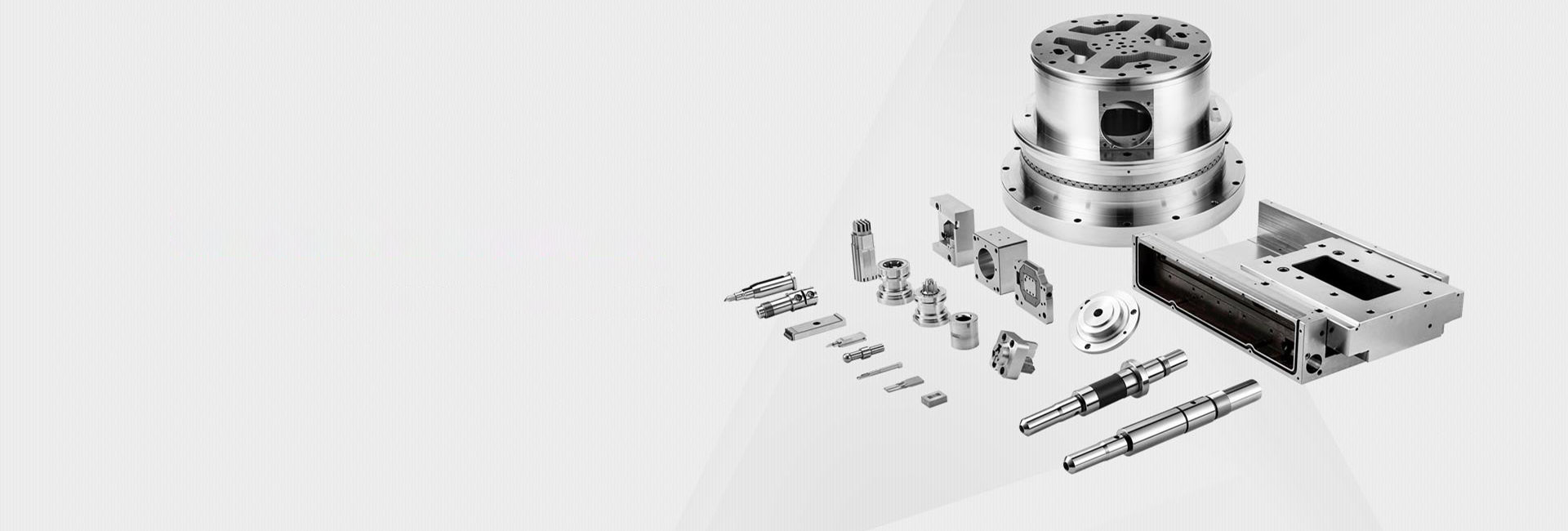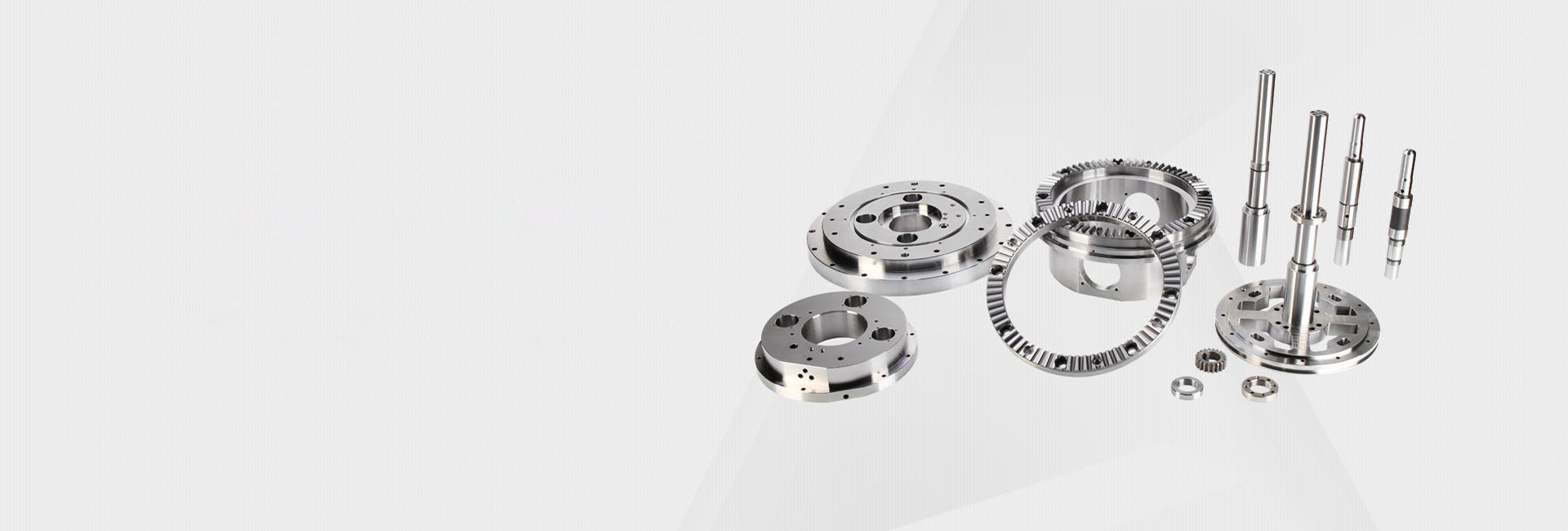Each process is different and depends on part size, quantity required, and finishing requirements. Quality prototyping parts can be made in 3-9 days. Rapid injection molding may take 2-5 weeks to complete. More complex parts requiring or other special features will take longer. As for shipping, most of our shipments are via air freight, which can take a few days from China to Europe or North America.
There is no minimum order quantity requirements at AOOM.Our services can support you scale from one-off prototypes all the way to mid- and high-volume production.
AOOM gives you instant pricing and lead times for your custom parts. There are two ways get a quote and DFM feedback from our sales team.
Send one or more 3D CAD file directly to chen@aoomtech.com
In most cases, we respond Quotation within 24 business hours of receiving an RFQ. If the quote is delayed, we will notify you as soon as possible.
Conventional Tolerance Standards Dimensional Tolerance: ±0.05mm (General Precision); ±0.02mm (Precision Grade); ±0.01mm (Ultra-precision Grade, requiring special processes) Geometric Tolerance: Straightness ≤ 0.03mm/m, Parallelism ≤ 0.05mm Factors Affecting Precision Machine Tool Type (Vertical/Horizontal Machining Center), Tool Wear, Workpiece Clamping Method, Cooling System Configuration
Common Material Types Metallic Materials: Aluminum alloys (such as 6061/7075), stainless steels (304/316), copper alloys, titanium alloys, carbon steels, etc. Engineering Plastics: ABS, Nylon (PA), Polyoxymethylene (POM), Acrylic (PMMA), Polycarbonate (PC), Polyetheretherketone (PEEK), etc. Composite Materials: Glass fiber reinforced plastics, carbon fiber composite materials, etc. For the processing of special materials, it is necessary to communicate the material specification sheets (such as AMS and ASTM standards) in advance. For some materials, customized cutting tools are required or the processing parameters need to be adjusted.
CNC (Computer Numerical Control) machine tools, especially CNC milling machines and machining centers, are suitable for processing various types or structures of parts. Controlled by computer programming, these machine tools can achieve high-precision and high-efficiency processing and are widely used in various mechanical processing fields. The following are the main types or structures of parts suitable for processing by CNC: 1. Parts with complex shapes - Irregular-shaped parts: Such as parts in industries like automobiles, aircraft, and ships. These parts usually have irregular geometric shapes, which are difficult to achieve using traditional mechanical processing methods. - Parts with multiple curved surfaces: Such as molds and cutting tools, which require precise control of the tool's movement trajectory to ensure the precision and surface quality of the parts. - Parts with complex spatial curved surfaces: Such as propellers and turbine blades. The processing process requires precise control of the tool's spatial position and movement trajectory. 2. High-precision parts - Precision mechanical parts: Such as those for watches, instruments, and optical equipment. These parts have extremely high requirements for processing precision, and using CNC machine tools can ensure the processing quality of the parts. - High-precision molds: Such as plastic molds and stamping molds. The processing precision of the molds directly affects the quality and production efficiency of the products. - High-precision cutting tools: Such as milling cutters, drill bits, and turning tools. The processing precision of the cutting tools directly affects the processing quality of the workpieces. 3. Mass-produced parts CNC machine tools are suitable for mass production of various parts, such as automotive parts and home appliance parts, which can improve production efficiency and reduce production costs. 4. Box-type parts Box-type parts generally refer to parts with more than one hole system, internal cavities, and a certain proportion in the length, width, and height directions. These parts are widely used in industries such as machine tool manufacturing, automobile manufacturing, and aircraft manufacturing, and have high tolerance requirements, especially strict requirements for geometric tolerances. 5. Parts made of special materials - Cemented carbide: Such as tungsten steel and titanium alloy. These materials are characterized by high hardness and high strength. Using CNC machine tools can improve processing efficiency and processing quality. - Stainless steel: Such as 304, 316, etc. These materials are characterized by corrosion resistance and high-temperature resistance. - Titanium alloy: Such as TC4, TC11, etc. These materials are characterized by high strength and low density. 6. Parts with multi-process integration CNC machine tools can achieve multi-process integrated processing, such as milling, drilling, and tapping, reducing processing time and improving production efficiency. 7. Individually customized parts Individually customized processing according to customer needs, such as customized furniture and customized automotive parts, to meet customers' personalized needs. 8. Other special parts CNC machine tools can also be used to process some special parts, such as cams and integral impeller-type parts. These parts usually have complex shapes and processing requirements. In conclusion, with the advantages of high precision, high efficiency, high flexibility, and high reliability, CNC machine tools are suitable for processing various parts with complex shapes, high precision, mass production requirements, special materials, and personalized customization needs. In the manufacturing industry, the application scope of CNC machine tools is becoming wider and wider, providing strong support for production in various industries.


